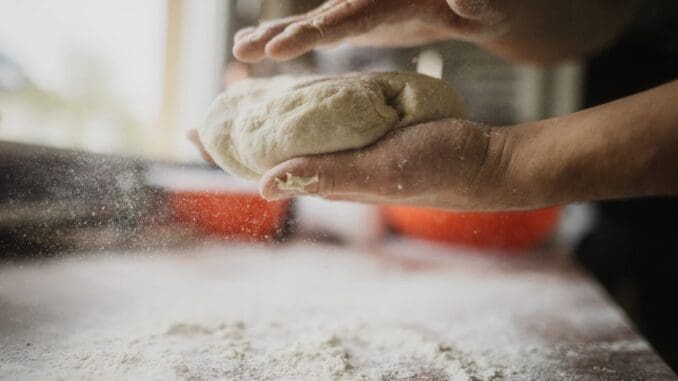
Food poisoning might seem small, but it can be avoided. One way you can do it is to practice good personal hygiene. It is deadlier because you can get food poisoning from everyone and the things in your kitchen. Healthy people are not exempt from this, too! Crucially, some practices that can help spread it to the food are touching your clothes, nose, mouth, and hair, and then the last thing you touch will be the food.
Good personal hygiene has several benefits. It is also part of good business sense. Customers are more likely to buy and get from your business, especially if they know and trust that your business practices good hygiene.
We’ll be sharing some tips for food hygiene in this article!
Wash Your Hands
In the food business, cleanliness comes next to godliness. Thankfully, the invention of the cutlery dispenser has made it easier to practice good hygiene, although it can beat sticking with the fundamentals of washing your hands.
And with this first, the most basic rule is to always wash your hands with soap and water. Bacteria transfers easily from your hands to the food, especially if you are the one prepping the food. Wash your hands throughout the process of preparing and cooking your food. Regular handwashing is also one of the most crucial rules for hygiene in the kitchen; kids need to know this, too!
Some hygiene tips you need to practice also include the following:
Avoid wearing rings when you are busy in the kitchen – Bacteria might be easier to transfer to other things in your kitchen because of your rings. Moreover, they tend to gather dirt easily. Not to mention, they also make the process of cleaning your hands harder.
Keep your nails short – This way, dirt will not easily stick to you. Avoid wearing nail polish, too, as the polish can contain things that are not exactly clean, like chemicals.
Separate Certain Types of Food
When shopping, you should keep your raw meat, poultry, seafood, and eggs from other foods and place raw meat, poultry, and seafood packages in plastic bags if available. It would help to place those kinds of food in different and separate bags or containers from other food.
The poultry and raw meat need to be placed inside sealed and tight containers or leakproof plastic bags. If you do not intend to use them for cooking, then your best course is to freeze them.
Remember to keep eggs in separate cartons. They also need storage – in the main compartment; the door is a very unstrategic place as it can allow the eggs to fall and crack, and your eggs might get contaminated easily.
Going To Work
Those who are in charge of prepping may be the ones who have a risk of contaminating food. With that in mind, employers and employees should be scrupulous so that the workplace will be safe and there will be no illness.
If you are vomiting and not feeling good, don’t go to work. Wait first for two days (48 hours) before you ensure that you are feeling better. Till then, you need to keep in close contact with your doctor.
Avoid Cross-contamination
Cross-contamination is a big no in the food service business. Bacteria and other harmful microorganisms move from raw to cooked food, spreading harm by making you ill.
You can avoid them by using different cutting boards and utensils!
Wrapping Up
Cleanliness is next to godliness. You must embody that to a T in the food business, primarily since you serve others. With that in mind, ensure you avoid bacteria by following our hygiene tips.
Author’s Bio:
 Rosette is known for advocating a sustainable lifestyle. That’s why, on her free days, she spends her time writing about sustainability efforts and other ways to help the environment thrive and heal during drastic climate change.
Rosette is known for advocating a sustainable lifestyle. That’s why, on her free days, she spends her time writing about sustainability efforts and other ways to help the environment thrive and heal during drastic climate change.

Be the first to comment